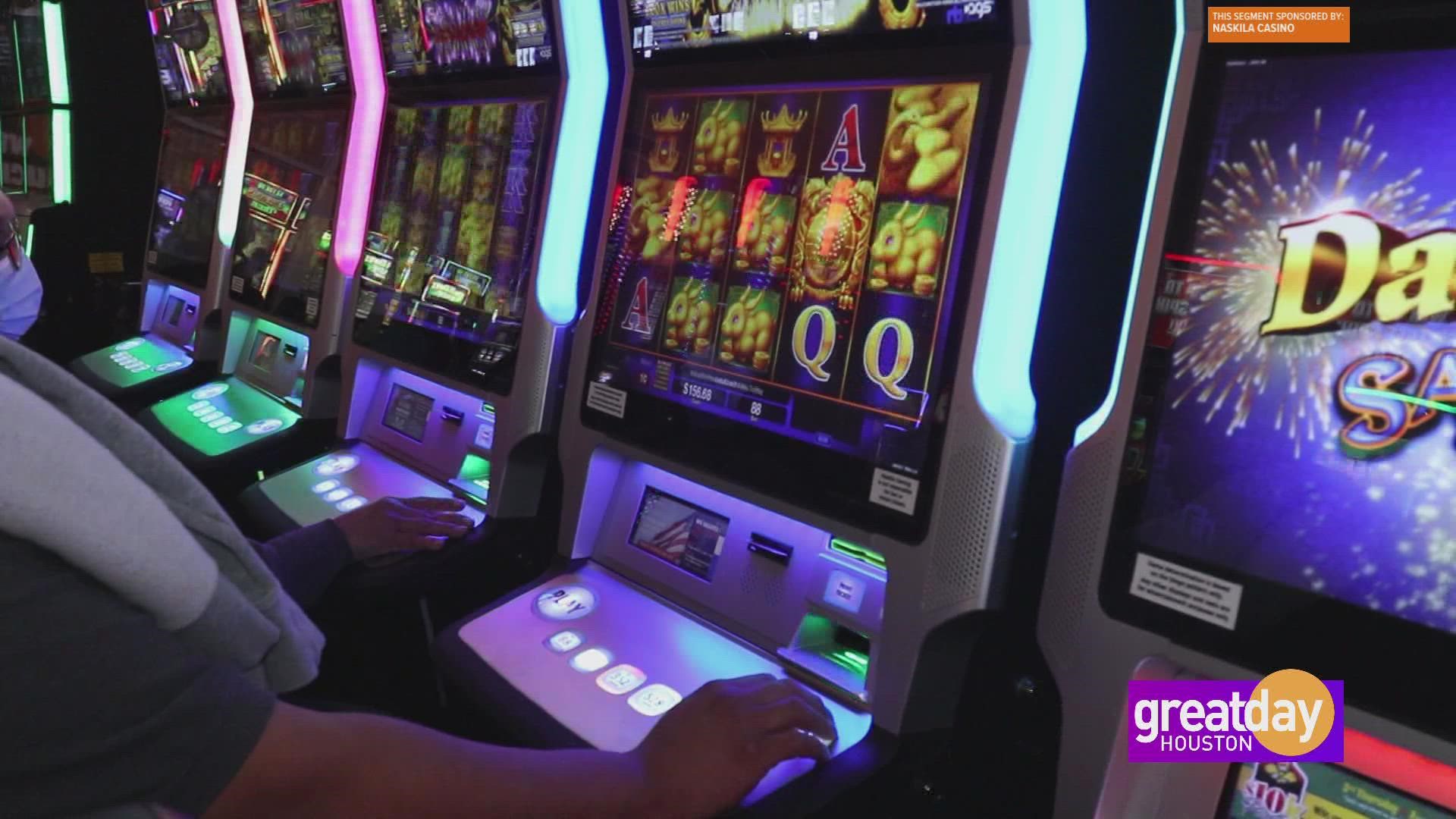
Gambling in casinos has long been a topic of interest and debate, attracting millions of players around the world. With a mix of luck, strategy, and the thrill of risk, casino games offer an exhilarating escape from everyday life. However, as entertainment becomes ever more available, it calls for a more thorough examination of the morality surrounding these games.
At the heart of the debate lies the question of whether casinos promote safe gambling or exploit vulnerable individuals. The allure of potential winnings versus the truth of losses can create a challenging situation, and understanding this balance is essential for both players and operators. As we delve into the morals of casino gaming, we will explore the duties of casinos, the effects on society, and the measures that can be taken to foster a healthier gaming environment.
The Impact of Casino Gaming on Society
Gambling in casinos has a significant influence on society, affecting not only the economy but also interpersonal dynamics and local frameworks. The income generated from casinos can lead to employment opportunities and boost local economies, as they provide multiple employment opportunities in multiple fields including hospitality, entertainment, and retail. However, while the financial benefits can be significant, communities often struggle with the possible negative impacts that arise from higher gambling activity.
Additionally, the presence of casinos can lead to an increase in gambling addiction, presenting significant challenges for individuals and families. The thrill of casino games can quickly evolve into a compulsive habit, affecting connections with others and leading to monetary issues. Many individuals may find it difficult with the loss of control over their gambling habits, resulting in a need for assistance programs and help to address this increasing issue. The social cost of gambling addiction can ripple through kinships and neighborhoods, creating an urgent need for responsible gaming initiatives.
In addition to the economic and social ramifications, casino gaming often showcases cultural attitudes towards risk and entertainment. non GamStop casino It can foster a sense of excitement and leisure, attracting tourists and boosting local travel. However, this allure may also conceal the broader implications of gambling as a form of entertainment, provoking ethical questions about its advertisement and availability. As communities weigh the benefits and drawbacks of casino gaming, the need for sensible approaches and regulation becomes increasingly critical in ensuring that the positive aspects are maximized while minimizing the negative effects.
Ethical Issues in Betting Activities
The ethics of casino operations often center around the risk for addiction and its effects on individuals and households. Betting can lead to significant financial distress, impacting not only the betters but also their families. As people become entrapped in the allure of winning, many lose track of their financial limits, which can result in devastating outcomes such as bankruptcy. This poses ethical questions about the responsibility of gambling establishments in promoting responsible gambling practices and offering support for those who may be struggling with gambling addiction.
Another critical issue is the promotion of betting to at-risk populations. Gambling establishments often aim at low-income people or communities with the offer of fast rewards, which can continue patterns of poverty and despair. In this situation, the ethics of advertising strategies used by casinos come under examination, as they may take advantage of the desperation of individuals seeking an escape from economic troubles. This manipulation raises ethical questions about the integrity of the gambling industry and its responsibility to protect its most at-risk patrons.
Additionally, the effect of casino operations on the community as a whole cannot be overlooked. While some argue that gambling establishments create employment and stimulate local economies, others point to the community costs associated with problem betting, increased crime rates, and a burden on public services. Balancing economic benefits with the potential for community issues presents a challenging ethical dilemma for policymakers and gambling operators alike. The difficulty lies in discovering a responsible approach that prioritizes the welfare of individuals and society while still permitting for the pleasure of gambling activities.
Oversight Framework and Obligations
The regulatory system pertaining to gaming activities is designed to ensure fairness, integrity, and gambler safety. Various government entities and gambling commissions create and implement regulations that dictate how casino operations work, the standards for game creation, and the procedures for processing prizes. These regulations change by locale but commonly involve permit requirements for providers and stringent measures to prevent cheating and scams.
In furthermore to governing bodies, casino businesses bear significant responsibility in preserving moral standards within their venues. They must implement responsible gambling practices that promote player safety and education, including presenting self-limitation options and offering information about the hazards related to gaming. Casinos are also obligated for training employees to identify signs of problem betting and know the correct actions to assist patrons in distress.
Moreover, clarity in gaming operations is vital for earning and keeping public confidence. Operators should present clear details about the chances of operations, marketing deals, and any related hazards. By fostering an environment of honesty and responsibility, operators can help reduce the likelihood harmful impact of gaming while improving the complete gambling experience for all participants.